
The Blooming Yellow Poui
During the month of March each year, many parts of Jamaica are showered in yellow flowers that fall from the poui tree, creating a hauntingly

During the month of March each year, many parts of Jamaica are showered in yellow flowers that fall from the poui tree, creating a hauntingly

Minigrids and Microgrids are popping up around the world. These grids are different from main power grids because they are small community energy entities that

Concrete has been a favourite building material of humans for centuries. It is said to be the second most essential substance on earth after water.
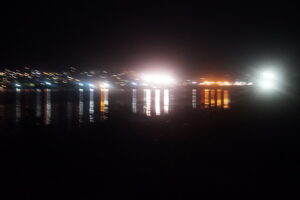
It is hard to believe that the world that was once veiled in darkness at night, only lit by fires to keep its inhabitants warm,
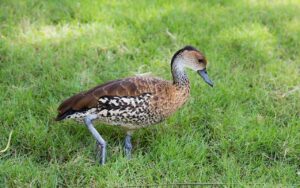
Reddish-brown overall, with pale grayish cheeks, throat, and stomach, black bill and thighs, deeply pitted breast and belly, and a striking black-and-white ocellated pattern on
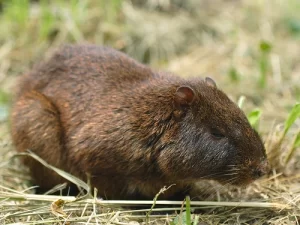
The Jamaican cooney (Geocapromys brownie) also known as the Jamaican Hutia or the Brown’s Hutia, is endemic to only Jamaica. The Jamaican hutia was once
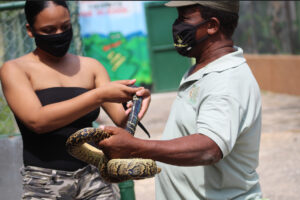
The Jamaican yellow snake, also known as the Jamaican boa, is a non-venomous species and the largest snake found on the island and is native
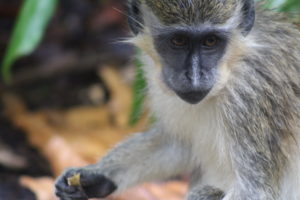
Barbados is not well-known for its land based plants and animals. However, according to the National Biodiversity Strategy and Action Plan for Barbados (NBSAP), mammals,
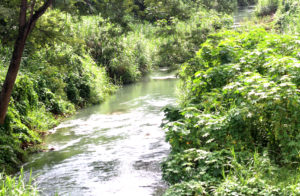
Rivers are critical to the survival of a significant number of living species on planet Earth. A river may be described as a unique stream
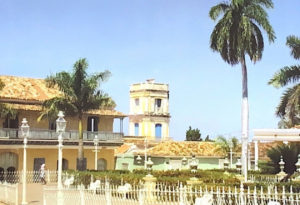
The historic core of Trinidad, Cuba, is by for the most beautiful urban landscape I have ever seen in the Caribbean … read more
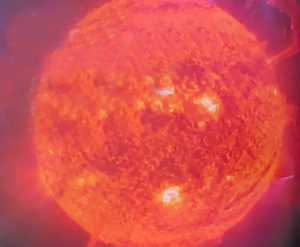
The popular technologies used to harness the energy of the sun are solar thermal and photovoltaics(solar cells)… read more
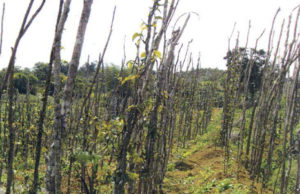
If you travel on the road from Christiana to Albert Town, deep in the heart of Jamaica’s ‘yam country’, you may be struck by the

The name Woodpecker comes from the habit of drilling holes into wood and tapping tree trunks to catch insects. Woodpeckers are members of the Picidae
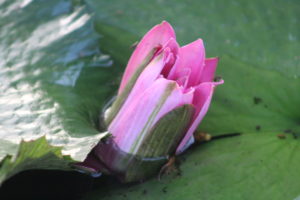
Indigenous to mild and tropical counties such as Australia, South Africa and the northern hemisphere, the water lily has been in existence for hundreds of
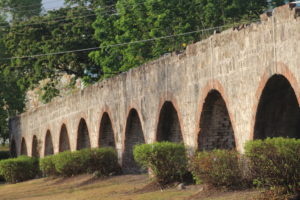
It is generally agreed that the term “Aqueduct” is from the Latin word aquæductus with roots aqua, meaning “water” and ducere which means “to lead”.
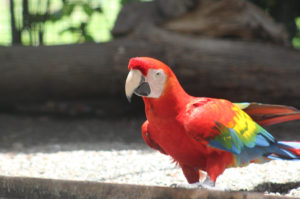
No one knows how many or the exact number of species of animals that exist in the world today. Usually animals are grouped to make
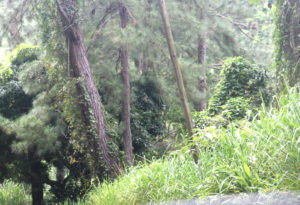
Forests in the Caribbean have changed significantly since the beginning of the colonial era. In the 16th Century more than 90% of the region was

Many Caribbean countries face substantial risks from storms, floods and hurricanes. Coral reefs, mangroves, and seagrass beds play an important role in protecting micro-states and
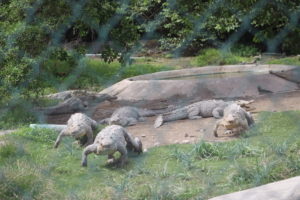
The Jamaican crocodile is known as Crocodylus acutus and it is Jamaica's only crocodilian and the largest reptile. The bulk of Jamaica's crocodile populations live in

Jamaica’s athletic sprinting prowess has become legendary. But what accounts for Jamaica’s outstanding track record in sprinting and how does a small country such as